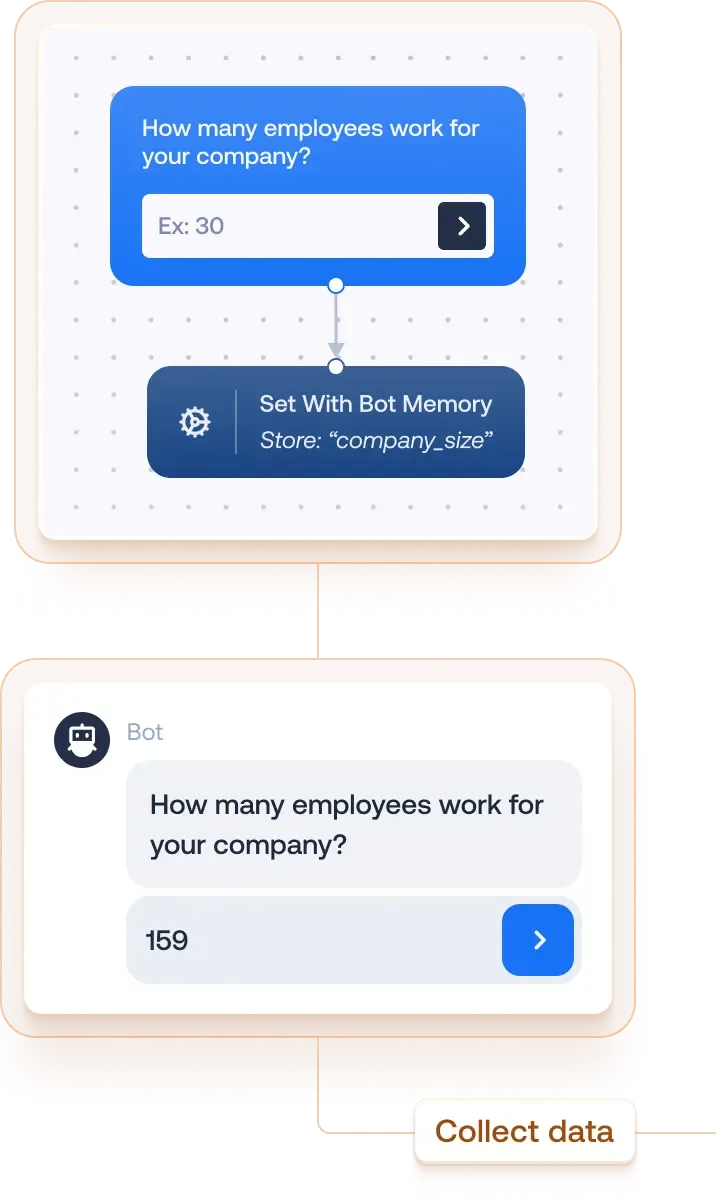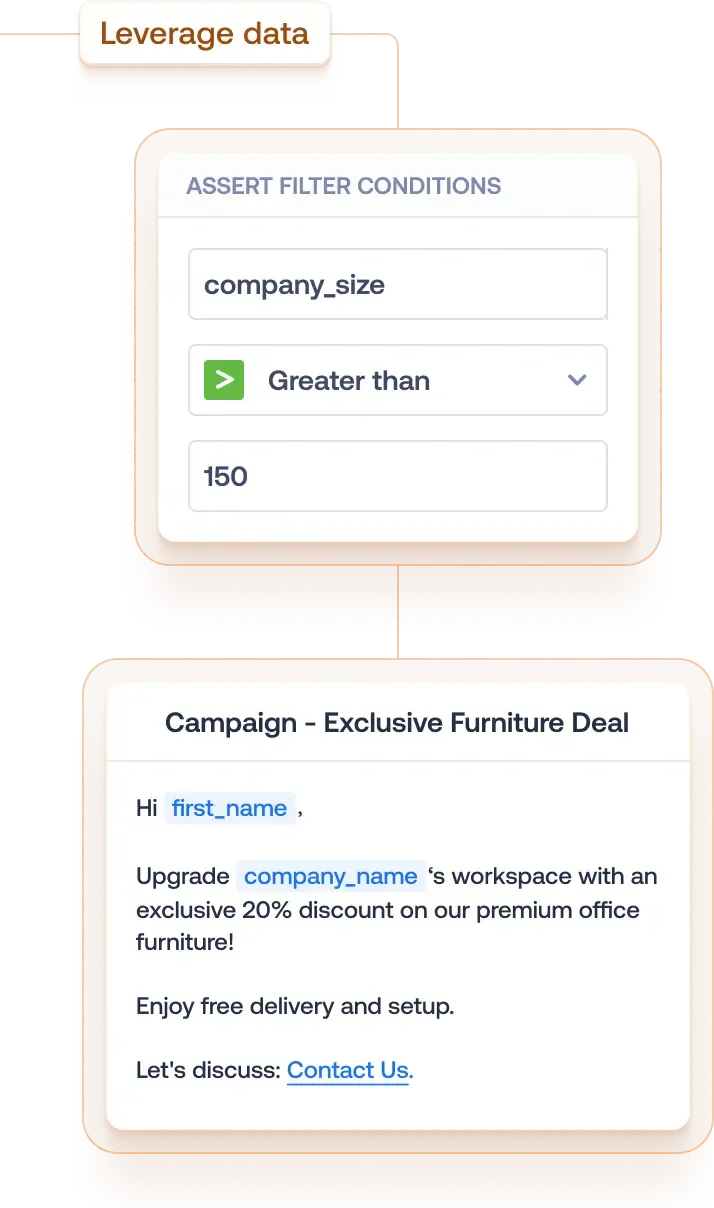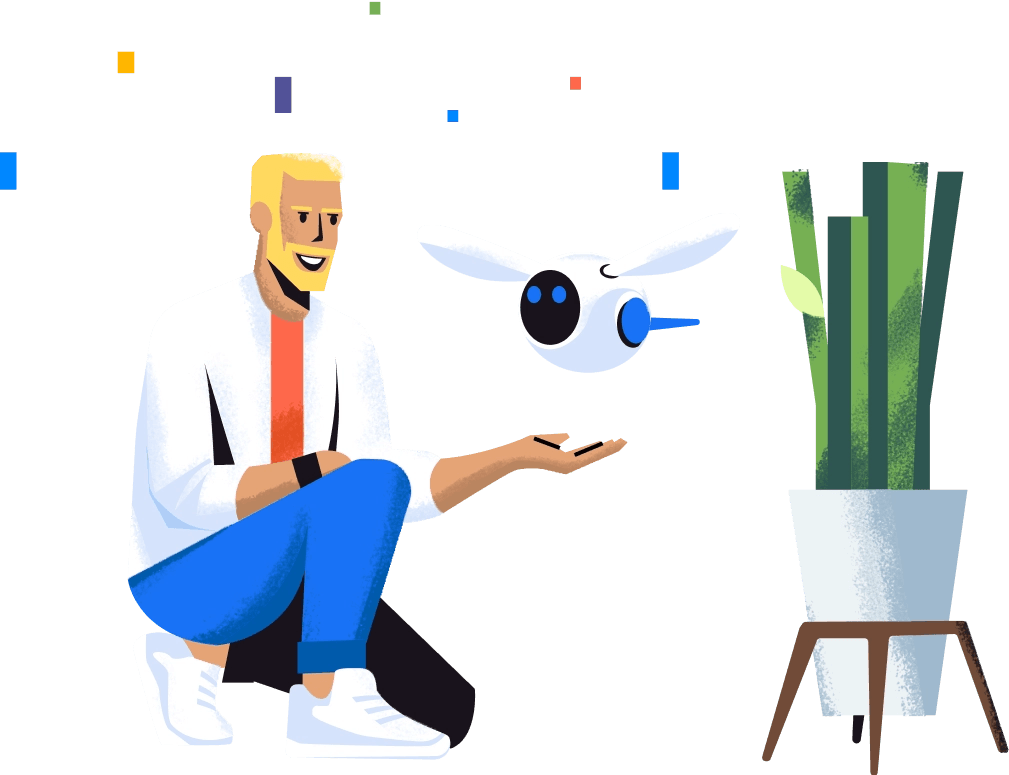Store and access valuable customer data on one platform
Start every conversation with the necessary context about your leads or customers, thanks to a robust customer database system.
14 days free trial — No commitment

Gain valuable context
Engage customers with personalized and efficient messages.
Track customer journeys
Access detailed journey information without repeatedly asking customers.
Access detailed records in one click
Quickly view related contact and company records for deeper insights.

Centralize data for more context-driven conversations.
Switching between tools to gather customer details can be time-consuming. With Crisp's customer database software, you gain a comprehensive view of customer insights to drive meaningful conversations. Access all relevant information about a contact and improve how you handle each customer touchpoint. Quickly access detailed profiles for personalized engagement, allowing you to draft more impactful messages and execute timely follow-ups. Crisp integrates data from your entire tech stack, ensuring your team always has the most current customer information at hand.

Leverage customer data across departments.
Whether handling support tickets, sales inquiries, or follow-up emails, all necessary customer information is readily available for personalized interactions. For example, when processing a refund request, quickly access order history and previous interactions directly within the chat window, ensuring efficient and customized responses. Additionally, Crisp enables task automation with predefined shortcuts that insert customer-specific data into messages, streamlining workflows, reducing response times, and improving the overall customer experience. With comprehensive customer data in one place, your team can focus on delivering exceptional service and fostering strong customer relationships.

Create a unique customer experience with a unified data view.
Crisp provides a complete view of your customers by consolidating all relevant information into one intuitive dashboard. From contact details and communication history to segmentation and custom data, everything you need to know about your customers is accessible at a glance. This unified profile includes interactions across channels like WhatsApp, Email, and Instagram, along with custom data such as company size or average basket value, synced from API or native integrations like HubSpot, Pipedrive, and other major databases. With a complete overview, your team can deliver personalized support, track interactions seamlessly, and make informed decisions to enhance customer satisfaction and engagement.
Crisp is not just offering a customer data management platform, discover all the features offered by our all-in-one business messaging solution
600,000 brands are already using Crisp to improve their customer experience. See their testimonials !
Crisp has been amazing and the first thing that really attracted me to, as a techy, was the size of the chat widget.
We chose Crisp from the begining because of its flexibility and level of automations it allowed.
We really enjoy being able to play with the possibility of the api, so much that it has become a mini-backoffice for us.
Crisp has become a central asset for Reedsy, empowering the team to provide fast, personalized responses and make customer support more effective through AI-powered solutions.
Discover other features our CRM offers
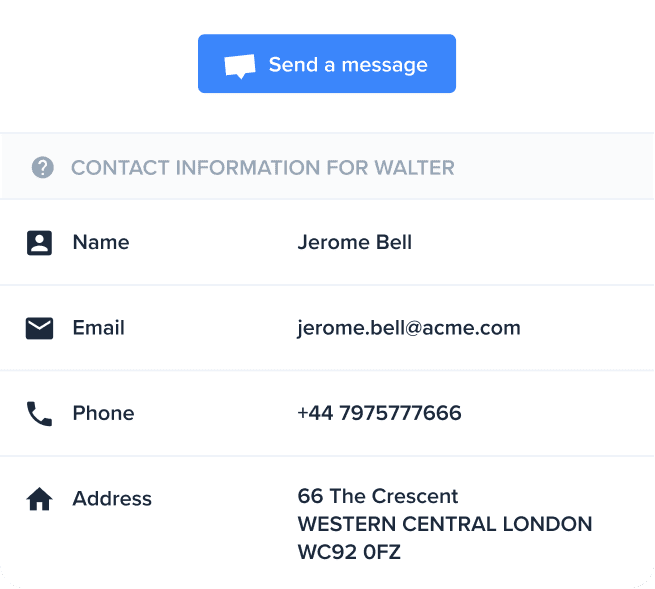
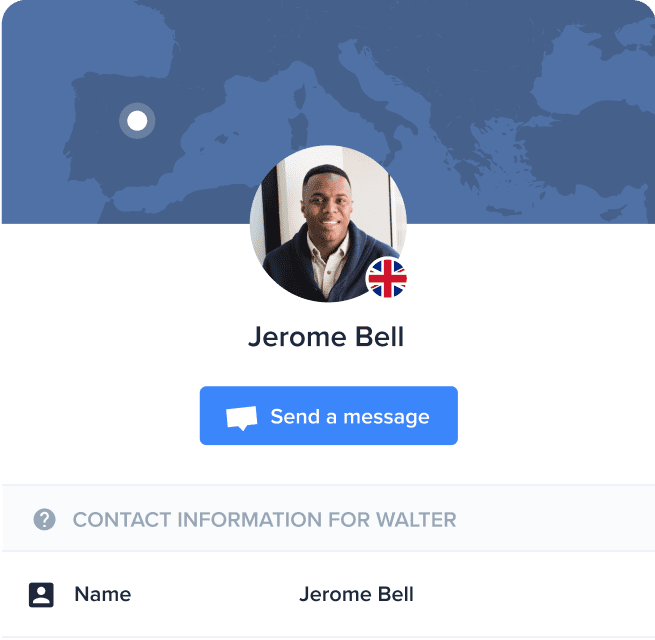
Contact Management
Ensure that leads and contacts receive personalized treatment at every step of their journey with a contact management software solution.
Learn more
Customer Insights
Enhance lead, customer, and company profiles by pulling data from multiple sources to improve customer knowledge and conversational experiences.
Learn more
Customer Segmentation
Segmenting your audience is essential for optimizing your CRM strategy. With Crisp's customer segmentation software, you can assign segments to each contact, group them together, and launch audience-specific actions for more effective targeting.
Learn more


Contact Management
Ensure that leads and contacts receive personalized treatment at every step of their journey with a contact management software solution.

Customer Insights
Enhance lead, customer, and company profiles by pulling data from multiple sources to improve customer knowledge and conversational experiences.
Customer Segmentation
Segmenting your audience is essential for optimizing your CRM strategy. With Crisp's customer segmentation software, you can assign segments to each contact, group them together, and launch audience-specific actions for more effective targeting.

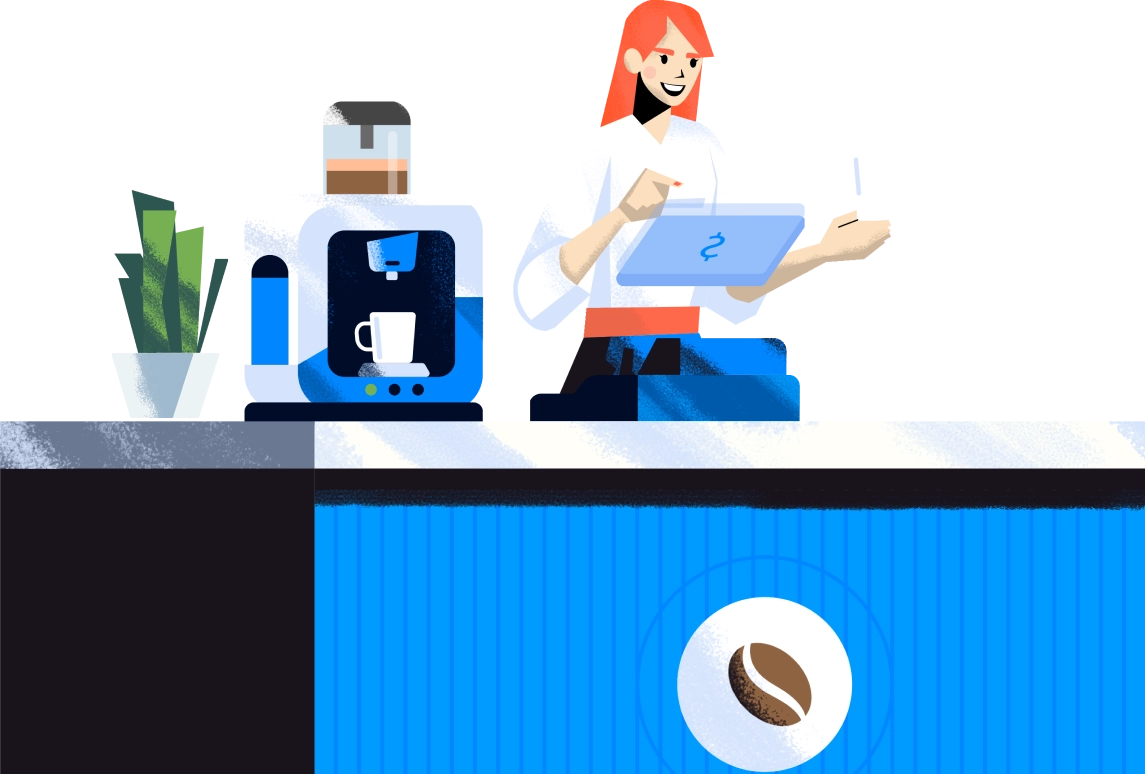

Ready to kickstart your customer management strategy?
